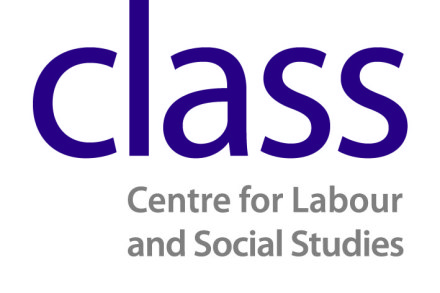We need to talk about domestic violence. We need to talk about it now, because austerity is making the problem worse. There was a sharp leap in domestic violence in the last quarter of 2013 – with a rise of 15.5% of victims suffering abuse at home. We don’t know whether that’s because of increased reporting or increased offending, because domestic violence is shrouded in secrecy. What we do know is that – because of cuts to funding – 103 children and 155 women are turned away from shelters in one typical day this year.
It takes a woman an average of seven times to leave an abusive partner. What happens to that woman if, once she has left, she is turned away from the places that are supposed to keep her safe? Actually I know the answer to that: when I was a community organiser I met a lot of domestic violence charities that saw women sleeping rough or returning to abusive partners.
What happens if a woman manages to get shelter and is then charged the bedroom tax, like one of the nearly 300 households in the UK that have just experienced exactly that?

It was commendable of Ed Miliband to raise the effect of the bedroom tax upon victims of the bedroom tax at Prime Minister’s Questions, but it’s just the tip of the iceberg. Domestic violence survivors are also being placed on social housing waiting lists with tens of thousands of other people, or – as with some of the Focus E15 mums – being relocated hundreds of miles away from their communities.
In October 2014, Marjorie Mayo and Ines Newman wrote a paper for Class examining the housing crisis and proposing solutions. It is evident from their research that the housing crisis cannot be separated from every other element of social policy: it is linked to welfare, health, education, and family. A secure, comfortable home is a necessary basis from which to educate, motivate and care for people. It is therefore impossible to talk about the epidemic of domestic violence without talking about the housing crisis, and how this crisis is fundamentally gendered – affecting vulnerable women and their children first.
The odds against women leaving violent partners are too low, and this is because housing policy – amongst others – is stacked against them, often meaning women must choose between homelessness and poverty or a life of fear. It is partly this awful choice that has put Britain in the ignoble position of being the country where two women a week die at the hands of their partners. This is a disgrace, and it can and must be changed. It is the responsibility of all parties to address this issue, and so far all parties have fallen shamefully short.
We can start with the housing crisis. In my opinion, we must build more social (not affordable) housing and prioritise women who have left violent relationships. Mayo and Newman’s paper offers multiple solutions for a housing crisis which is claiming lives. The housing crisis is a women’s crisis – and it’s exacerbated even further for women living in poverty, women with a disability, or BME women. It’s time for women’s lives to stop being treated as a side issue. We need to talk about this now.
Ellie Mae O’Hagan is the Media and Communications Officer at Class





More from LabourList
‘Factionalism at the top is weakening Labour – and handing a gift to Reform’
‘Europe must stand strong on its own as US security guarantees grow conditional’
‘Tackling poverty should be the legacy of Keir Starmer’s government’